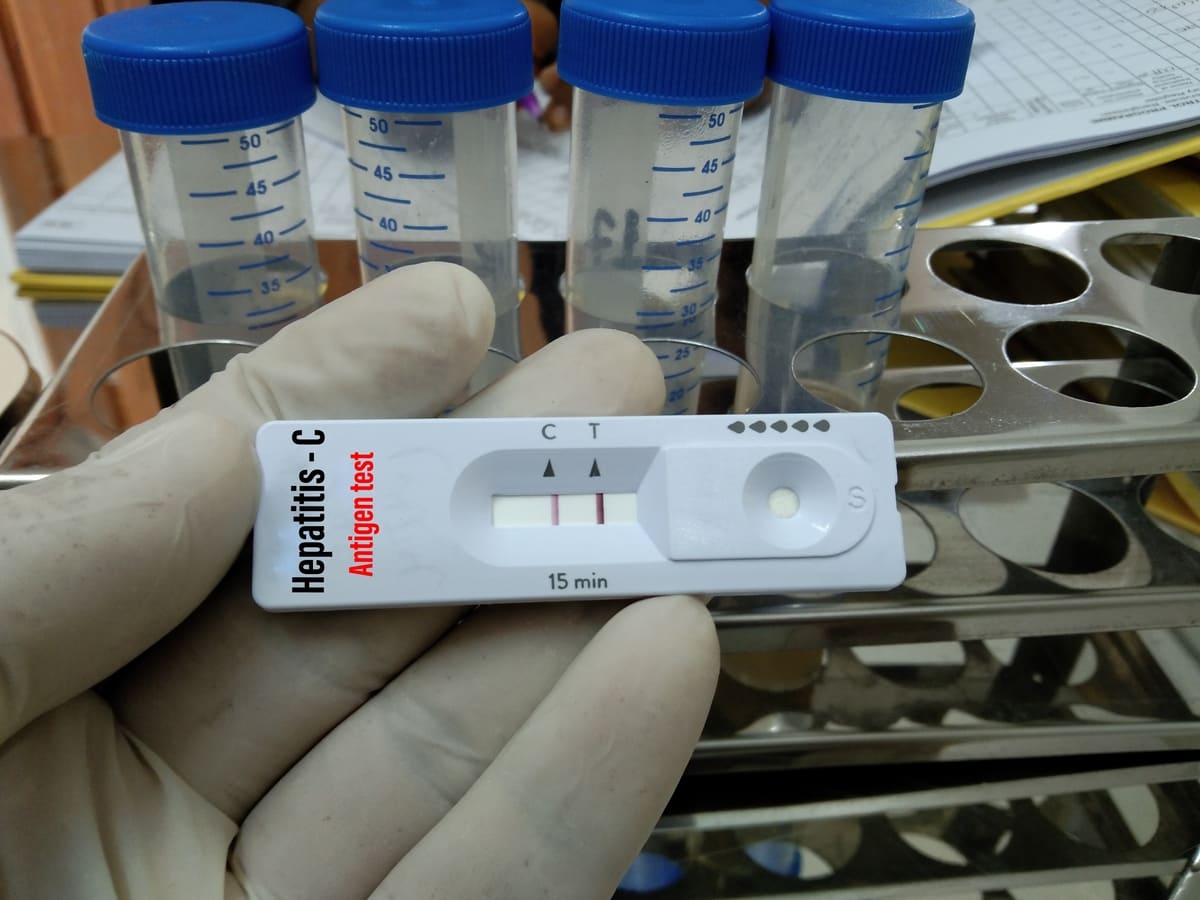The Mexican National HCV Elimination Program has confirmed 28,978 people, of whom 22,748 have been treated and cured. Over 2 million screening tests have been carried out during the current national administration.
Since 2020, the state has implemented National strategy for the elimination of hepatitis Cprovide free testing and medicines, and facilitate the integration of action and information among agencies.
“Through the timely use of medicines, treatment regimens can cure the disease and the virus disappears,” said Undersecretary for Prevention and Health Promotion Hugo López-Gatel Ramirez, noting that this is the case in Latin America. The first project of its kind.

The number of health units nationwide carrying out hepatitis C virus (HCV) testing will increase from 42 in 2020 to 629 in 2023, focusing on high-risk groups and focusing on primary health care.
have a system to centralize epidemiological information, to facilitate decision-making focused on people’s health needs. In addition, an automated call center has been established to enable people to obtain comprehensive care services and information on hepatitis C virus (HCV) prevention.
The pillars of the National HCV Elimination Plan are:
- Universal and free access to testing and treatment.
- Interagency integration of action and information.
- A person-centred approach to primary care.
- Targeted strategies for those most affected.
The plan also focuses on high-risk groups such as people living with HIV, prisoners and users of psychoactive substances. To accelerate the elimination of hepatitis C, it is imperative to maintain a public health focus, system resilience, and continuous improvement of all pillars of the chain of care.
In Mexico, the hepatitis C virus epidemic is associated with morbidity and premature death. However, immediate action can curb the disease in the short term due to the existence of highly effective prevention, diagnostic and drug treatment tools.

In Latin America, countries such as Argentina, Brazil, Chile, Colombia and Mexico have successfully implemented a coordinated national response to viral hepatitis and accelerated access to diagnosis and treatment, especially for Hepatitis C. In addition, implementation of an immunization program against hepatitis B has been undertaken, thereby reducing mother-to-child transmission of the virus in the region.
Despite these advances, enormous challenges remain as more than 100,000 people die each year from hepatitis B and C-related liver cancer and cirrhosis. These deaths could be prevented by expanding the availability of testing and treatment services.
Every year on July 28th, World Hepatitis Day commemorates the American scientist who discovered hepatitis B, Baruch Blumberg, and on this day, raise awareness and encourage prevention and timely testing to stop the progression of these infections to This is important because most cases are detected late.

